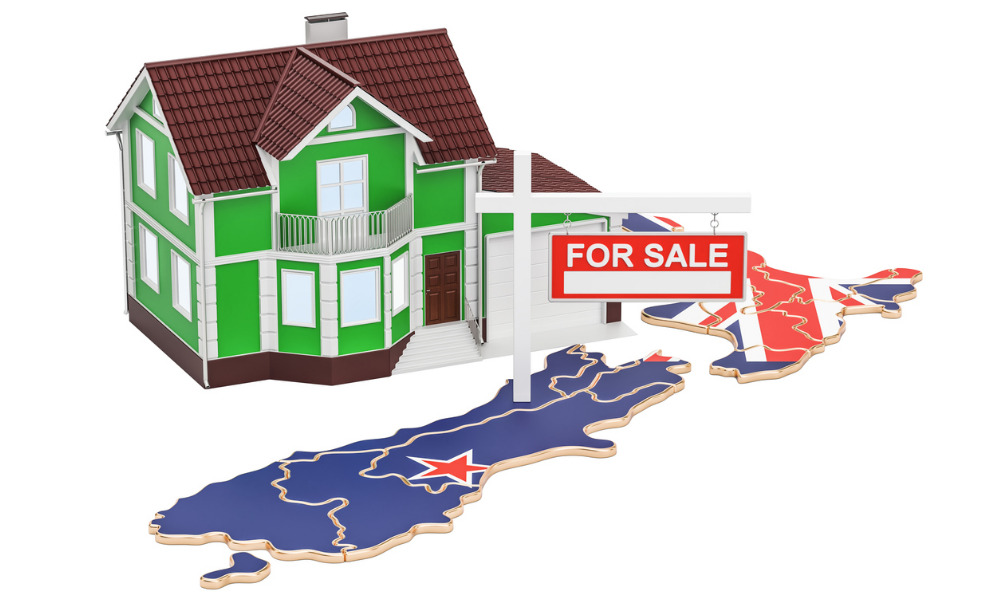New statistics suggest the situation is getting worse…

Across New Zealand, the average property is 8.8 times the average household income, up from the 8.3 times just three months prior, according to the latest Housing Affordability Report by CoreLogic.
The bi-annual report shows a new record high in each of the previous four quarters in the midst of a long-term average of 5.9. The pandemic has exacerbated this divide, with property values increasing by 38% while household income has increased less than 3% from March 2020 onwards.
Read next: Property values climb despite tougher lending criteria, higher mortgage rates
Kelvin Davidson, chief property economist at CoreLogic, said lower affordability would remain inevitable for now.
“We know that house prices have continued to rise and that wages have been flatter, which unfortunately means there’s no avoiding the reduction in affordability,” Davidson said. “While historically some other supports such as low mortgage rates, KiwiSaver funds for a deposit, or high LVR lending speed limits may have helped people find a way over the affordability hurdle in recent years, this has a limit.”
In particular, Tauranga is the least affordable with a value to income ratio of 11.9, followed by Auckland’s 10.1, Dunedin’s 9.1 and Wellington’s 8.3. Other main urban areas have also exceeded their past records.
Today, it would require almost half of the average household income to service an 80% LVR mortgage. The percentages went from 42% to 48% in a short span of three months, driven by a 6% increase in mortgage rates and a 9% increase in property values.
Auckland has it worst, requiring a 55% share of household income to service a mortgage – surpassing its peak that was recorded during the GFC – followed by Hamilton’s 47% and Dunedin’s 49%.
“Compared to the long-run average of 37%, the latest reading clearly signals a rapid deterioration of housing affordability on this measure – and indeed, is only a little below the sustained 2007-08 peak of 50%,” Davidson said.
Read more: NZ home loan borrowers could see doubled interest at the mid-year renewal
When asked about affordability predictions in the later months, Davidson said it would remain a lingering issue since it is unlikely that property values will fall given the drop in employment, prompting the need for household incomes to catch up.
“When you consider the further increases in mortgage rates that look likely, alongside the simple reduction in available credit via tighter loan to value ratio rules, the Credit Contracts and Consumer Finance Act changes, and potential caps on debt-to-income ratios, it’s not hard to envisage a sharp slowdown in sales volumes and value growth in 2022,” Davidson said.



